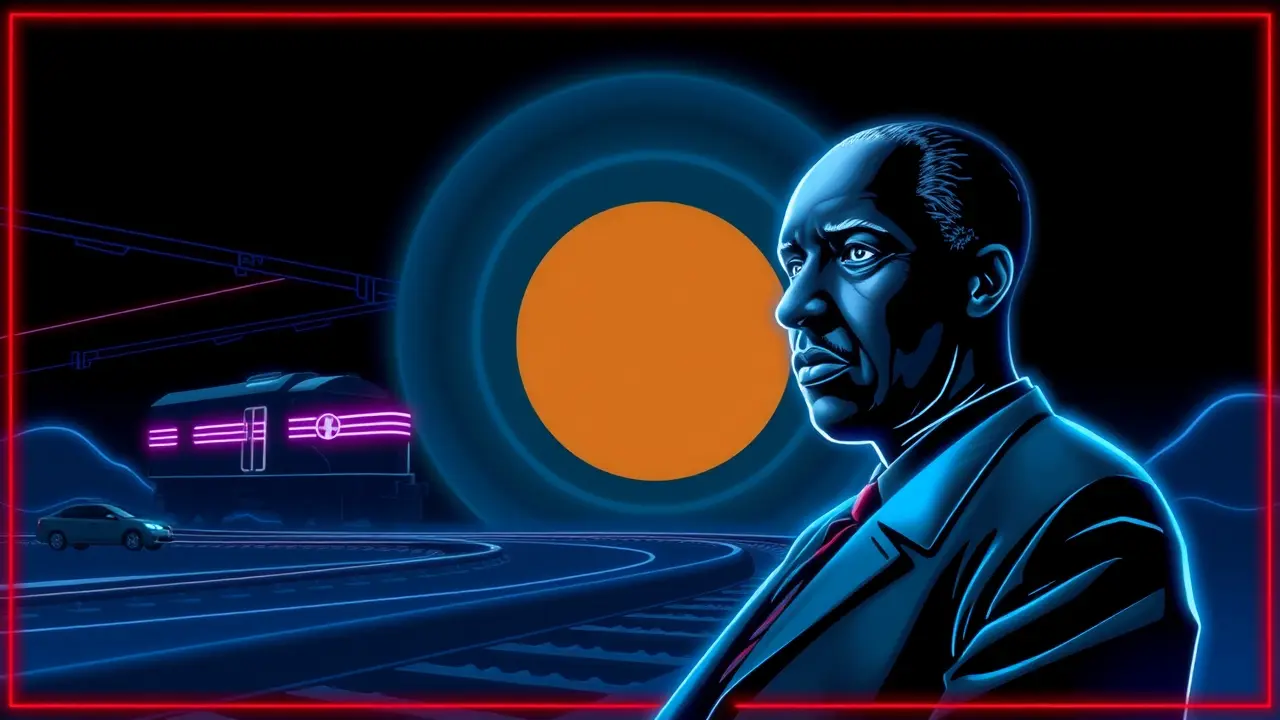
Politicscourts & investigationsLegal Precedents
South African Court Overturns 1967 Luthuli Death Inquest
RO
Robert Hayes
3 days ago7 min read
In a landmark ruling that reverberates with the weight of historical reckoning, a South African high court has formally set aside the 1967 inquest findings into the death of Chief Albert Luthuli, the revered anti-apartheid leader and 1960 Nobel Peace Prize laureate. The original inquest, conducted under the shadow of the apartheid regime, concluded with the staggering assertion that Luthuli was struck and killed by a freight train near his home in Stanger, KwaZulu-Natal—a finding long viewed with profound skepticism by historians, activists, and his family, who argued it was a convenient narrative designed to obscure a far more sinister truth.This judicial correction is not merely a procedural footnote; it is a profound act of historical justice, forcing a re-examination of a death that has haunted South Africa’s conscience for over half a century. Luthuli, who was elected President-General of the African National Congress in 1952 and championed non-violent resistance despite constant state harassment, bans, and persecution, was a figure of immense moral authority whose sudden demise removed a pivotal voice from the liberation struggle.The context of 1967 is critical to understanding the significance of this overturn: it was an era of intensified state brutality, following the Rivonia Trial and the imprisonment of Nelson Mandela, where the security apparatus operated with near-total impunity. The initial inquest’s reliance on questionable evidence and its dismissal of alternative theories—including the persistent suspicion that Luthuli was murdered by the state’s security forces, possibly pushed from a bridge or otherwise assassinated to destabilize the movement—now stands exposed as a likely component of the regime’s extensive disinformation campaign.This legal victory, spearheaded by the National Prosecuting Authority’s Missing Persons Task Team, echoes other post-apartheid truth-seeking endeavors, such as the re-investigation into the death of activist Ahmed Timol, and opens the door to a genuine inquest that may finally compel the disclosure of long-buried security police files. The implications are monumental, touching upon the unfinished business of South Africa’s transitional justice process and challenging the nation to confront the full, unvarnished brutality of its past. As with Churchill’s famous dictum that history is written by the victors, this court decision is a powerful step toward ensuring that the historical record is, at last, written by the evidence.
#featured
#South Africa
#apartheid
#Albert Luthuli
#inquest
#police assault
#court ruling
#historical justice
Stay Informed. Act Smarter.
Get weekly highlights, major headlines, and expert insights — then put your knowledge to work in our live prediction markets.
Comments
It’s quiet here...Start the conversation by leaving the first comment.
© 2025 Outpoll Service LTD. All rights reserved.